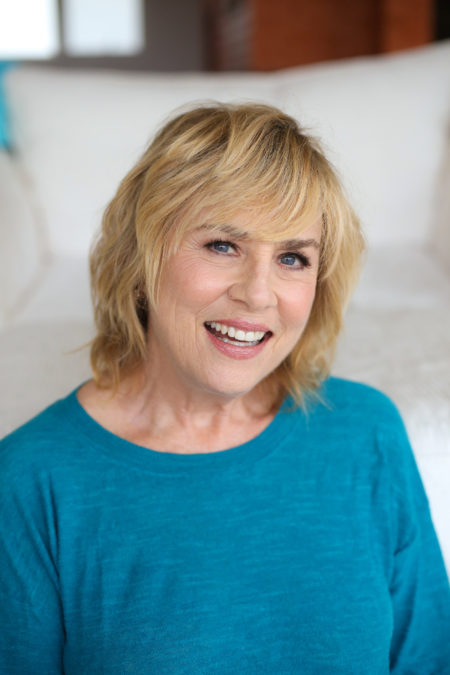MY WEEKLY BLOG
NOT GUILTY
Have you noticed that no matter how hard you try to forgive
someone, the same old shit keeps coming back, over and over? It’s
disappointing. We say to ourselves, Didn’t I forgive him yesterday? Didn’t I get rid of that anger a week ago? I thought that once I sobbed it out, the trauma would be gone for good and I could forget about it.
It doesn’t work that way which is something we discover when
we’re on a spiritual path. I was reading the book, “Dead Man Walking,” when I had an awareness that stayed with me. It was based on the true story of a nun, Sister Mary Prejean, an advocate for ending capital punishment. She was ministering to a man on death row and after he was executed, the father who had lost his daughter told the nun, “I’m not like you. I can’t just forgive like you do.”
She responded, “Oh no, it’s not like that. I have to keep forgiving over and over. Every day.”
In my interpretation, she was telling this man that forgiveness is a practice, not a one time event. You don’t just “forgive and forget.” You forgive and you forgive and you get mad again and you keep on
forgiving. I had a bad marriage that left terrible scars on my heart. When I finally got away, I didn’t want to be defined by that terrible experience, but I didn’t know how to forgive him. in fact, I didn’t want to, but I kept trying. I was successful for periods of time, but it kept coming back. It still does, but not so often. I learned that forgiveness is a practice, something I have to keep on doing. I don’t know if the trauma will ever go away completely, I may have to carry it always, but I can get to a point where I recognize when it’s here and try to let go in the moment. In that way, I don’t allow it to take over my life. Rather I let it inform my life.
The most important and hardest part of this kind of practice is to forgive myself. But I know I have to absolve ourselves before I can do it with someone else. In Buddhism, they talk about “cultivating” forgiveness. I like that word because it implies something that we’re working on. Not something that is finished. The way a plant grows. Slow and steady. When I feel discouraged because the same upsets are playing over and over in my mind, I remember the words of a spiritual teacher: “Here it is again. Big surprise.” The issues we are working out don’t just go away. They are touchstones for our
healing all the way through our lives so we might as well make friends with
them.
I told a counselor once that I felt guilty about my brutal
marriage.
“What was your crime?” she asked me.
“The violence wouldn’t have gotten so bad if I’d left sooner.”
“That isn’t a crime,” she said. “You would have left if you could have. And you finally did. You just had to get strong enough. I find you not guilty.” It felt like she had banged a gavel.
Pema Chodron lays out the steps:
“First we acknowledge what we feel – shame, revenge,
embarrassment. Then we forgive ourselves for being human.”
She calls forgiveness a natural expression of an open heart. She suggests that when we see it as a practice, we find our own speed to slow down the unhealthy emotions that cause harm to our well-being. And so, each moment is an opportunity for a fresh start.
Everyone alive has hurt ourselves and others along the way. We’ve
suffered and we’ve made other people suffer. But that doesn’t mean we deserve blame and shame. Blame is like getting caught in a pothole on the road. We spin our wheels faster and faster to try to get some traction, but we only go deeper into the hole as our anger rises and takes over. We forget how we got into the rut in the first place, how innocent we were and still are, and we forget that taking our foot off the accelerator and breathing will allow us to figure out what to do.
When we face our problems, that is when we learn that love
and forgiveness are fundamental for a good life and for our very survival. We are giving up our desire for payback and revenge when we agree to let ourselves off the hook. The way I see it, forgiveness is not about filling up with emotions. It’s about emptying ourselves and feeling the lightness that has always been there, the openness that makes life so much more rewarding.
I find us all not guilty. Now we have to find it for ourselves.


Recent Comments